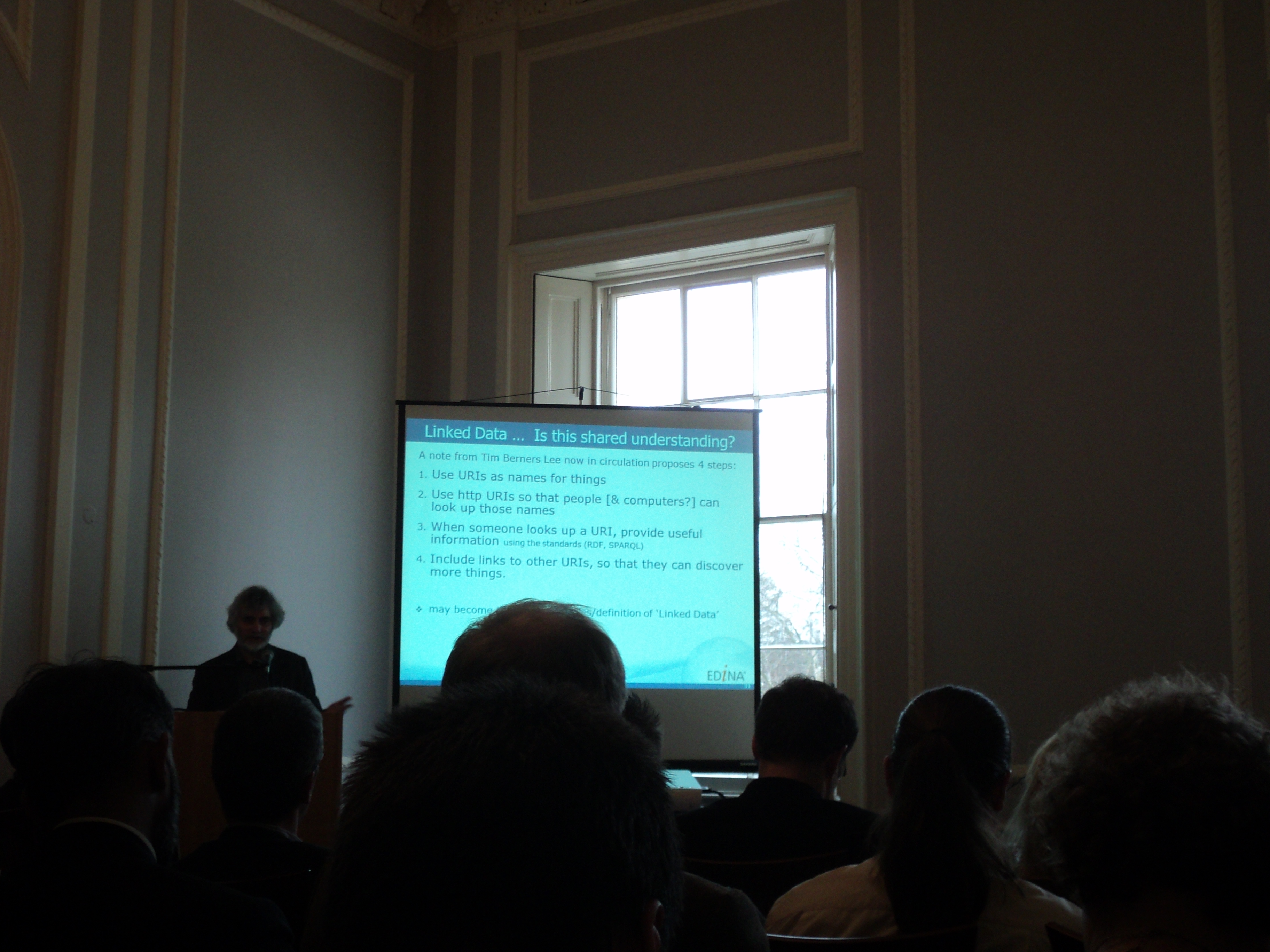“A scholar’s positive contribution is measured by the sum of the original data that he contributes. Hypotheses come and go but data remain.”
in Advice to a Young Investigator (1897) Santiago Ramón y Cajal (Nobel Prize winner, 1906)
2 traditions/mentalities co-exist in Information Science:
- Document tradition: signifying record-ness
- Computational tradition: various uses of formal technique
There are non-convergent mentalities working to build the ‘digital library’: modernisation of library services and infrastructure to access complex databases.
Emergence of Digital Library: Information Science
“Approaches based on a concern with documents, with signifying records: archives, bibliography, documentation, librarianship, records management, and so forth
“approaches based on uses for formal techniques, whether mechanical (such as punch cards and data-processing equipment) or mathematical (as in algorithmic procedures).”
Semantics of Open Repositories & Interoperability
R is for Repository
- “university-based institutional repository is a set of services … for the management and dissemination of digital materials created by the institution & its community members. … organizational commitment to the stewardship of these digital materials, including long-term preservation where appropriate, as well as organization and access … (C. Lynch, 2003)
- Digital repository differs from other digital collections in that content is deposited, whether by content creator, owner or third party; architecture manages content as well as metadata; repository offers a minimum set of basic services; must be sustainable & trusted, well-supported & well-managed. Digital Repositories Review (R.Heery and S.Anderson, 2005)
O is for Open
- OA (for publications) not the only ‘open’ policy:
- OER: Open Educational Resources
- Open means ‘not closed’: making teaching & learning materials visible
- Open CourseWare – often as open stack of webpages
- Open Data
- Datasets tradition (IASSIST); ‘open/privilege access to databases; open data.gov
- Open Source Software
- OSS has its own way of doing things
Key questions
- Are Repositories the (only) way to support an Open Agenda?
- Is Open really what Repositories are for?
- Is this usage just intended to help us avoid issues of IP and access management?
Should the focus be on:
- Interoperability between Repositories?
- Interoperability of Repositories with the wider Internet?
Interoperability Challenges & Strategies
- Whose strategy, and towards what purpose?
- ‘within & for the research & education sector’? Or beyond?
- For the institution, the UK, EU, global anybody; for the researcher?
- For the machine as user [“Provider/Consumer”]?
The talk is available on the dedicated web page.

